
Why Effective Digital Governance Begins with Understanding the Internet Itself
• 13 min read
Effective digital governance begins with understanding the layered systems that make it possible. Technical coordination keeps the Internet running, Internet governance shapes how we use it, and digital governance steers how technology transforms society. Confusing these roles risks undermining all…
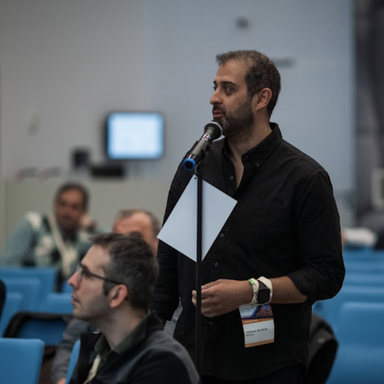

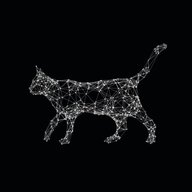

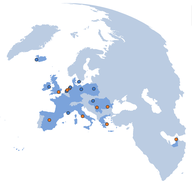






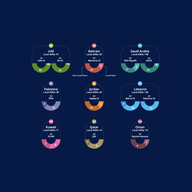

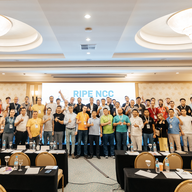





“Thanks for this, Hisham! I especially liked that OKR table, linking the goals to the programme objectives.”
Thanks Michael for mentioning that. Indeed it required some work from my colleague Alena Muravska, our Programme Management Officer, and I to get the logical mapping done right to start the OKR process. I am sure you would also appreciate the addition of the environmental programme based on the feedback we heard from staff and community members including yourself.
“What are the numbers and geographic distribution of not-for-profit network operators? I can imagine that academic, research and civil society network operators would be engaging more if they are explicitly addressed together.”
I'm not entirely sure I got your question... However, the RIPE NCC has several activities for engagement with academics and researchers throughout our service region, such as RACI, free student tickets, sessions at universities fall under this. We also organise online and in-person academic sessions connected with each RIPE Meeting. Our in-house researchers also cooperate with universities all over our service region. You can read more from my colleague Gergana Petrova, our Community Development Manager: https://labs.ripe.net/author/gergana_petrova/community-development-plans-for-2023/
Showing 2 comment(s)